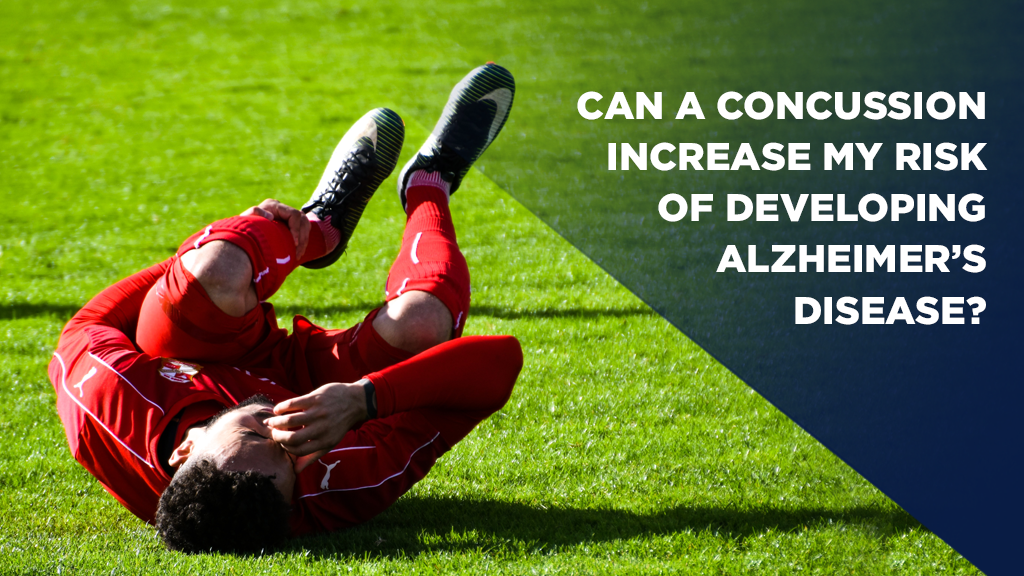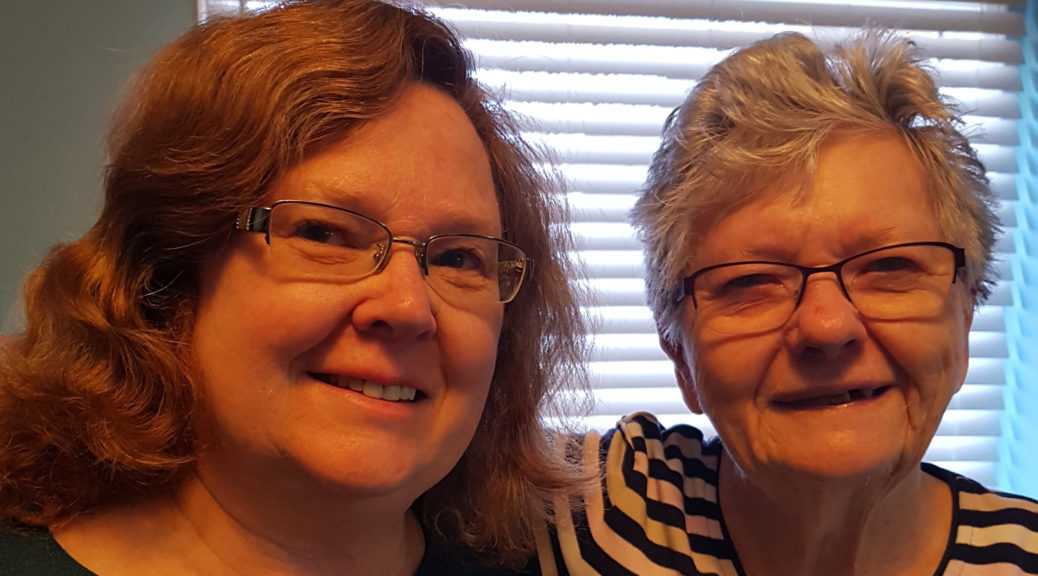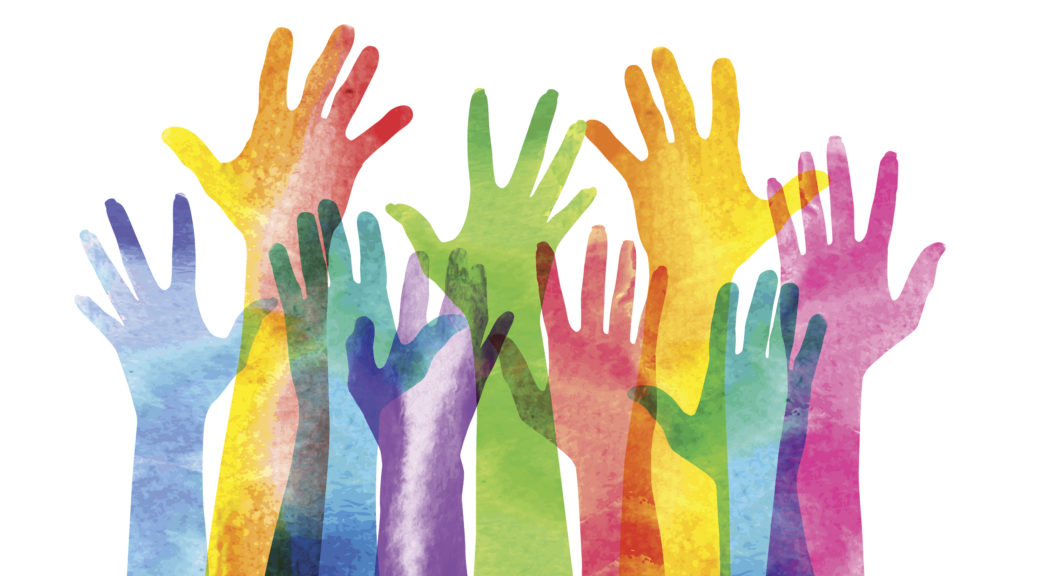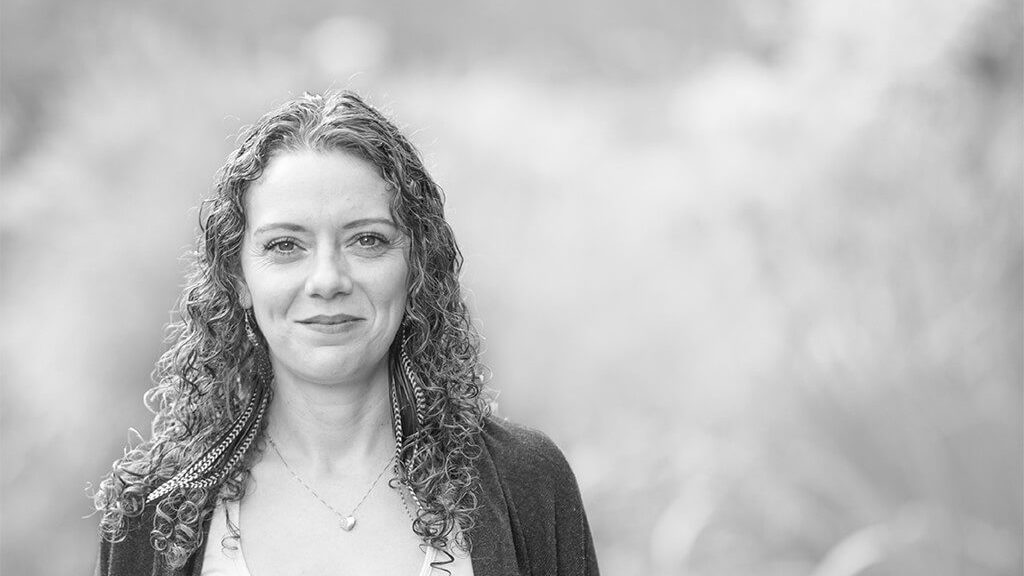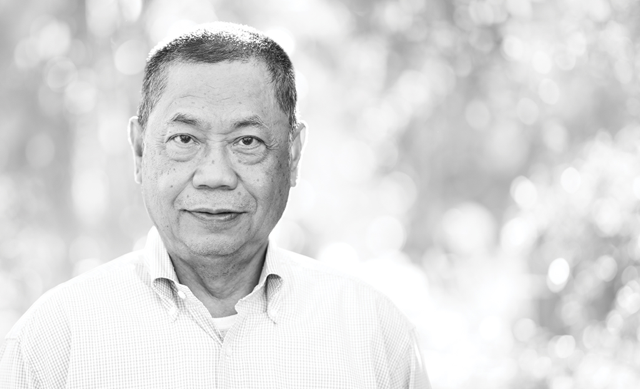Enhancing safety for people with dementia
Imagine if someone you love goes missing. The worry can be agonizing. When the person has dementia, it takes it up a notch or two. That’s why MedicAlert Foundation Canada partnered with the Alzheimer Society of Canada in 2013 to help people living with dementia who are at risk of getting lost. MedicAlert’s service—along with its well-recognized engraved bracelet—was launched in 1961 to help emergency responders treat people quickly and effectively when they couldn’t speak for themselves. .

